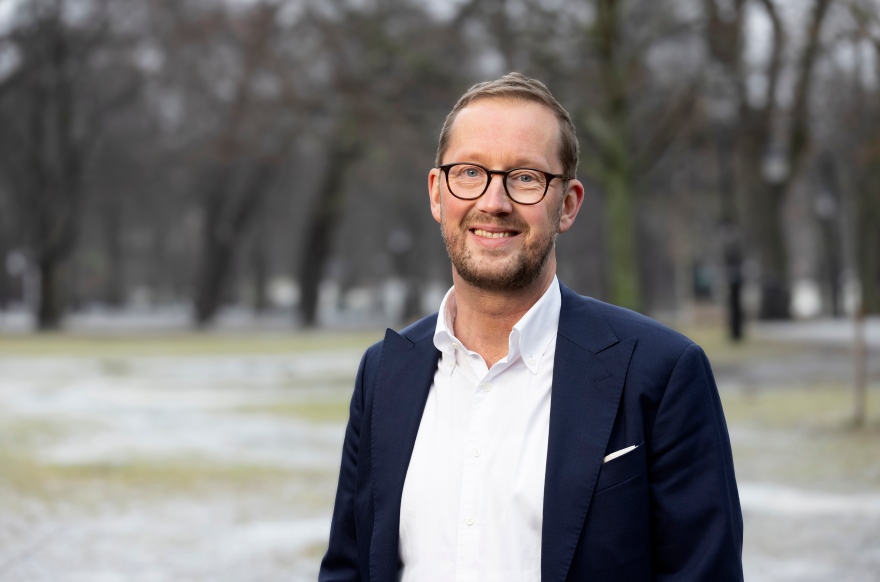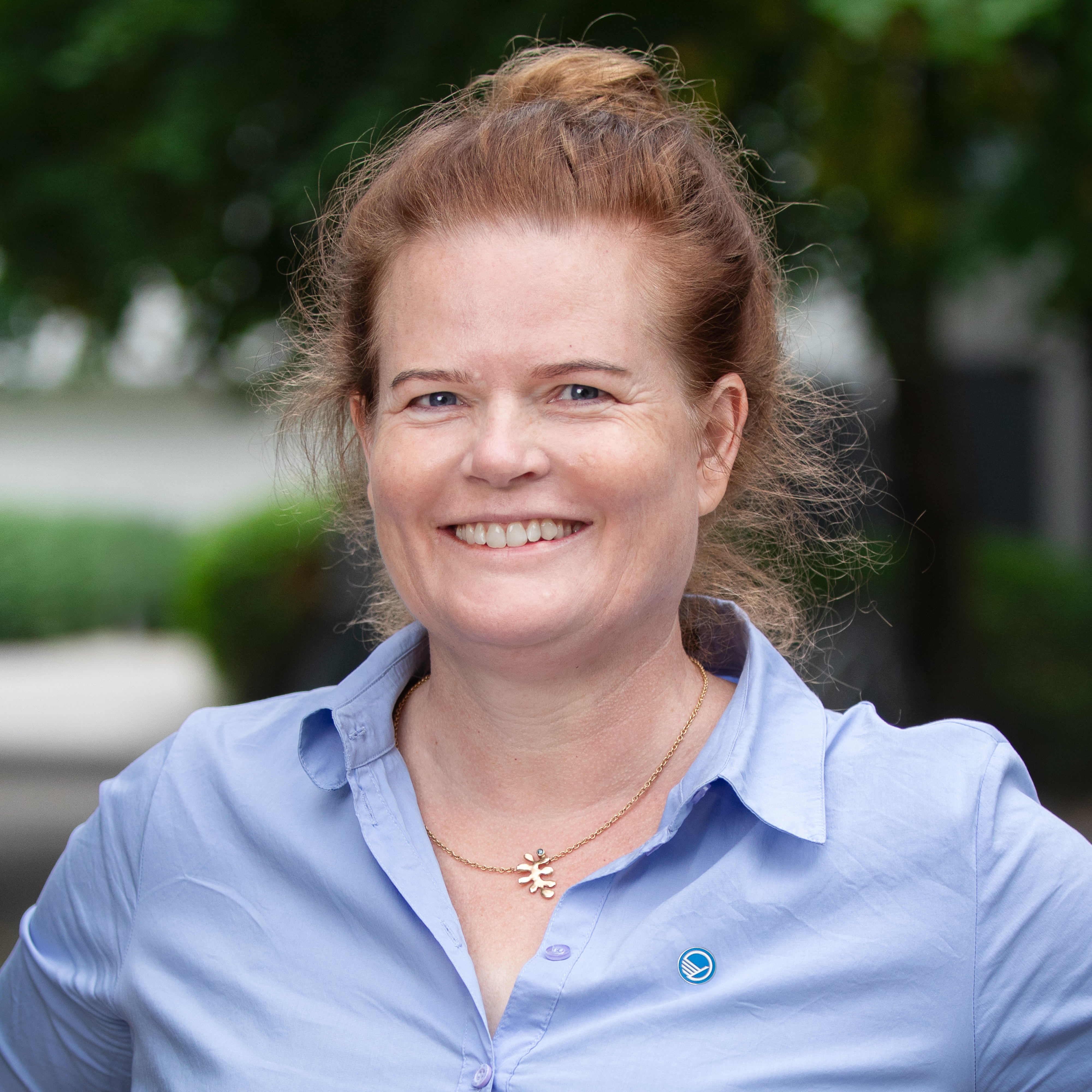
Collaboration between Nordic countries is essential to facilitate the energy transition
On 4–5 October, the Nordic Hydrogen Valleys Conference will take place in Reykjavík, Iceland. By building on the five projects supported through the call "Nordic hydrogen valleys as energy hubs –…
On 4–5 October, the Nordic Hydrogen Valleys Conference will take place in Reykjavík, Iceland. By building on the five projects supported through the call “Nordic hydrogen valleys as energy hubs – by 2030 and 2040” within the Nordic Hydrogen Valleys as Energy Hubs programme, the conference will connect researchers and stakeholders in the Nordics and beyond.
Want to know more about Nordic Hydrogen Valleys as Energy Hubs? Follow the programme on LinkedIn!
One of the projects that will be explored at the conference is Hydrogen, Ammonia, and Methanol in Hydrogen Hubs in the Nordic Region (H2AMN). Joakim Lundgren, Professor at Luleå University of Technology, is Project Lead of H2AMN. He is very excited to meet new research colleagues and learn more about the other granted projects.
“Looking at the agenda, it seems like there will be representatives from a variety of different research disciplines. This will hopefully bring new interesting and important perspectives on the research that we intend to carry out within H2AMN,” says Joakim.

Joakim Lundgren, Professor at Luleå University of Technology and Project Lead of H2AMN.
Increasing the understanding on how Nordic ports can implement fossil-free hydrogen
Together with the four other projects that are part of the Nordic Hydrogen Valleys as Energy Hubs, H2AMN will by way of contributing to the programme, also contribute to the green energy transition. Joakim elaborates on how H2AMN supports society’s shift to sustainable energy.
“Ports can play a key role in the transition to a fossil-free society, for example by functioning as natural hydrogen hubs for sector couplings and energy system integration. Our H2AMN project aims to increase the understanding on how Nordic ports and their surrounding areas can implement fossil-free hydrogen and hydrogen carriers in a sustainable and smart manner,” says Joakim.
At the Nordic Hydrogen Valleys Conference, Joakim and his project team will showcase the developments of H2AMN. The conference itself has a valuable function for the transitioning process towards green energy, and Joakim points out several reasons why the event benefits the energy sector.
“I think that strong collaborations in between the Nordic countries are essential to facilitate the energy transition. This conference is important to get to know other researchers, to get new research perspectives, and not the least, to find potential synergies with other ongoing projects and new opportunities for cooperation,” says Joakim.

